No, Blockchain Is Not a Solution to All Problems

No, Blockchain Cannot Solve All Problems
The crypto community was rightly dissatisfied with the “Bitcoin Will Save Us†poster donned by a protester against racial injustice in Dallas last week. It was a tasteless and inappropriate — although meaningful — effort to impose a crypto narrative onto a definitely non-crypto, and much larger, story. Is blockchain really a solution to the problem of racial injustice?
The crypto community’s heart is in the right place
The United States protests against racial discrimination that started after George Floyd’s tragic death at the hands of police have also gained broad support from the crypto community, both on Twitter and likely also on the streets.
And so it should. The industry which has grown up around cryptocurrency has roots in anti-establishment politics, civil liberties and economic justice. It is also a diverse ecosystem of participants: developers, scientists, academics, businesspeople and journalists from different parts of the world. Crypto has the potential to be a truly multiracial, diverse and multidisciplinary endeavor.
But more importantly, many prominent figures in the crypto space have expressed support for the ideals behind the “Black Lives Matter†movement because oppression of, and violence toward, one group among us is, or should be, an affront to us all. It reminds of the famous words written by Martin Niemoeller after the Holocaust: “First they came for the Communists and I did not speak out…â€
Blockchain technology promises a lot for the marginalized, the un- and underbanked, and those woh have suffered at the hands of institutionalized discrimination, especially in the finance sector.
But just as now is not the time to say that Bitcoin is the savior to the situation in which we find ourselves, it is also not the time to assert that blockchain technology is a solution to each and ever problem of society.
No, blockchain is not the answer to racial injustice
Blockchain technology has a variety of use cases. Some of those are already being implemented. Others are still under development. From financial technology to supply chains, provenance, elections and identity management, distributed ledger technology is a truly distruptive innovation which can enhance different areas of our lives.
But it cannot reverse centuries of social injustice, it cannot change human attitudes and it cannot stop all conflicts. It can help humanity do many of these thins. But the will to start changes must originate from humans.
Not only it is not the time to call blockchain the solution to the systemic racism which spurred protests and riots in the U.S., but it is also not the time to be trying to squeeze a blockchain narrative into an issue that roots in the heart of humanity itself.
Imposing blockchain-based solutions, for instance, on the records of violent incidents that ex-Minneapolis police officer Derek Chauvin had been involved in during his career would not have prevented him from killing Floyd. Chauvin’s history was well established and well documented.
The DLT future looks bright, but we can’t attribute it to the current situation
The blockchain movement has yet to fully mature. No doubt it will be at our side, as we struggle to right past wrongs and rebuild a more just and equitable, and hopefully less violent, world.
As we move toward the future that blockchain technology can help us build, open finance and sovereignity over our own identities will bring benefits to those whom legacy systems and institutions have failed.
But while blockchain may be a much-needed change agent, the real drivers of change will be society itself. Policymakers may be forced to acknowledge the implications that the immutability properties of a distributed ledger will bring to bear. But they will not listen to a decentralized ledger. They will listen to their human principles.
Blockchain can record incidents of police brutality. It cannot prevent them.
Blockchain can record your vote. It cannot vote for you.
And the Floyd family deserves more than a “software is eating the world†response to the horrible killing that started the protests. After all, we are all oracles of the annals of humankind.
All of us in the blockchain community are advocates of the potential for DLT to address many challenges our economies and societies face. But blockchain cannot solve everything. It certainly cannot save us from ourselves.
Only we can do that.




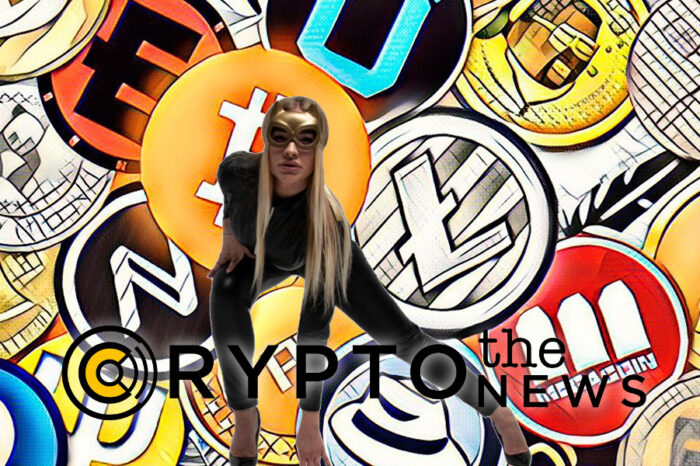
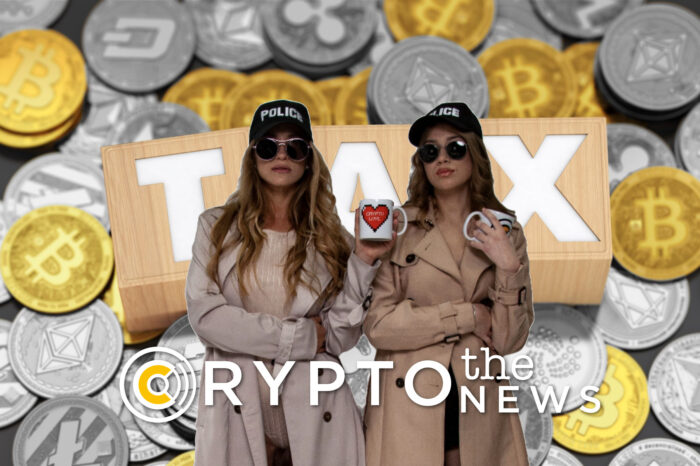
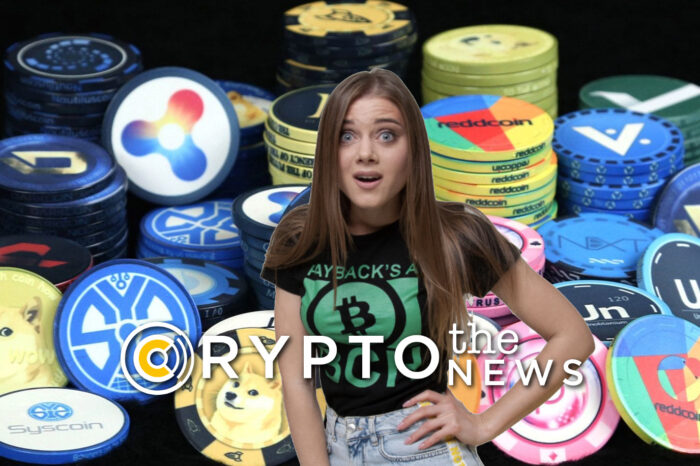
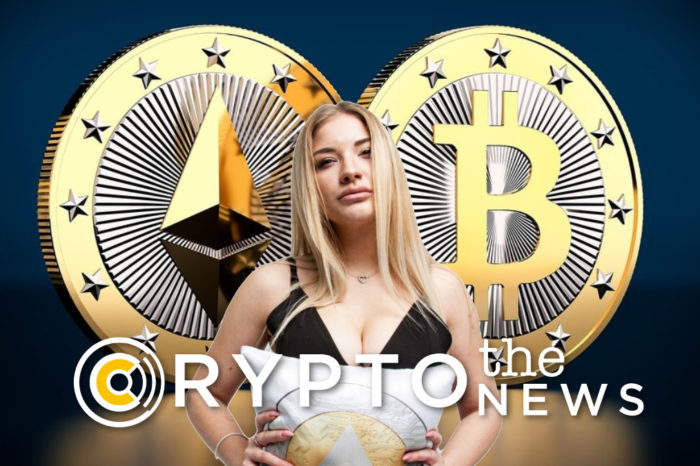
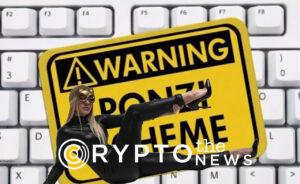



 Bitcoin
Bitcoin  Ethereum
Ethereum  XRP
XRP  Bitcoin Cash
Bitcoin Cash  Litecoin
Litecoin  Stellar
Stellar